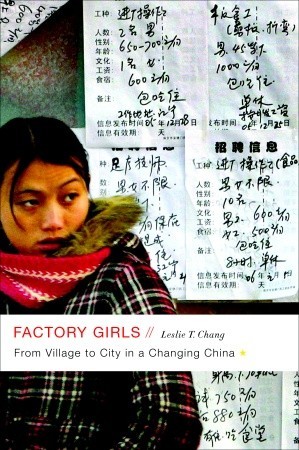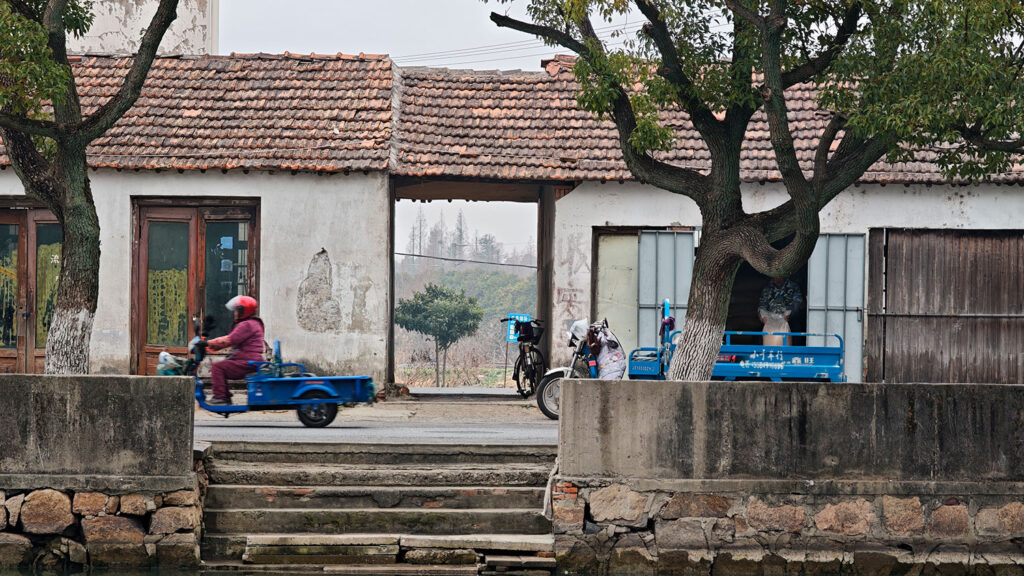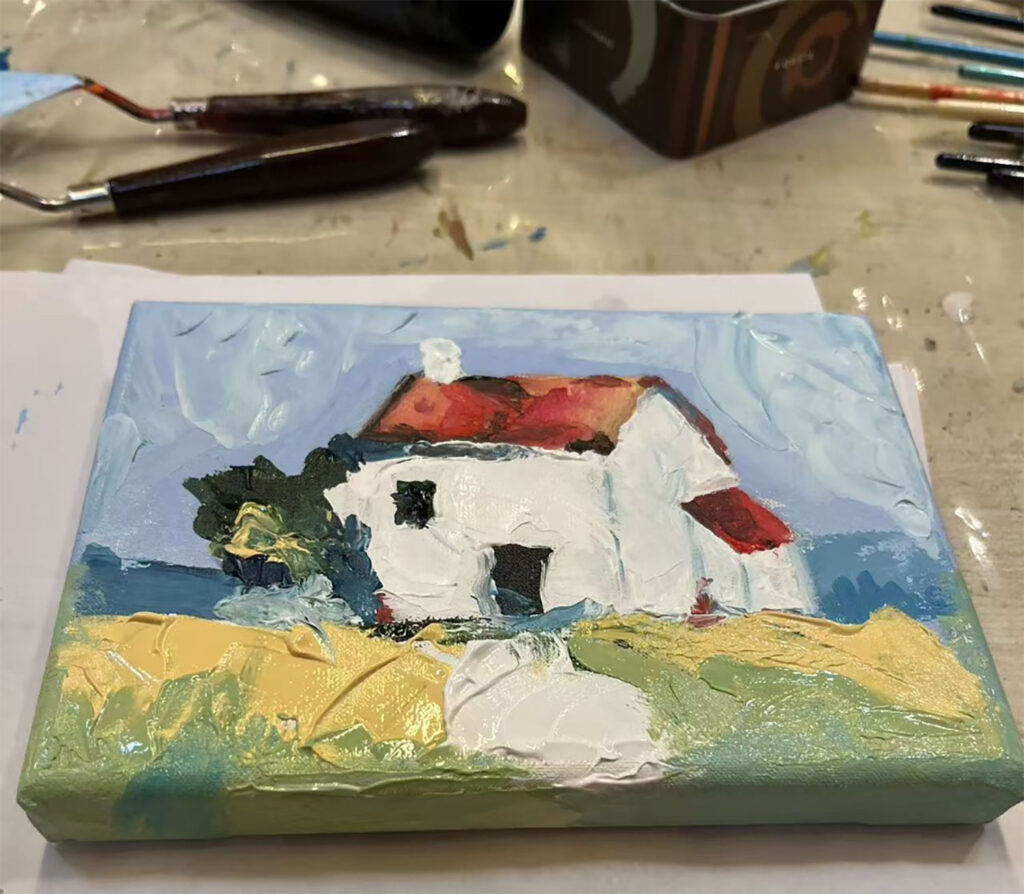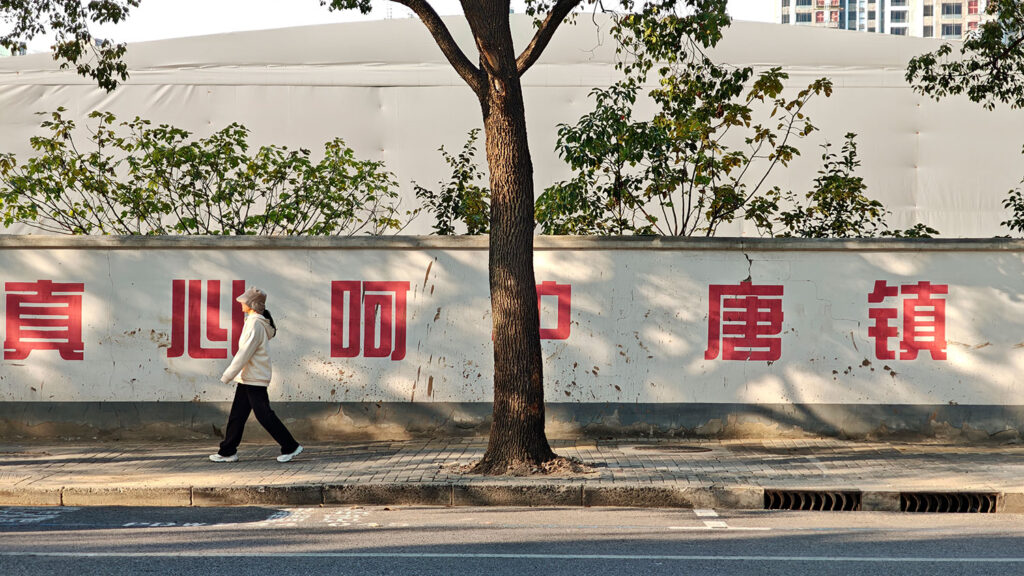At the surface, this book tells about what the lives of poor factory workers are like — millions of them — but at a deeper level, Factory Girls explains so much of China’s migrant culture, which is present in so many Chinese people. From high to no education, young Chinese people leave their hometown to work in cities, either in offices or factories — and many of these people do share similar traits.
Key topics are the hierarchy between parents and children, bosses and employees, the made-its and the trying. There’s the hustle-culture, the optimism, the hardship, the ease with which people bend truths or flatly lie, the corruption, the risks they take, their dreams and their delusions. Leslie T. Chang has captured that so well. She wrote about ‘996-work culture’ long before the term existed. Yet of course, the culture did. She even captures from minute details like a crocodile on someone’s shirt that is facing the wrong direction — to the need to learn English and the prestige it seemingly adds to either a person or a storefront.
Leslie T. Chang writes not just what it means physically to those migrants, but also how it changes how they see their surroundings, who they can date, what they want from life, and how they dress or see themselves.
It is an imperfect yet fantastic book. Inside are actually two stories; one about factory girls, one about Chang’s own family history. The two stories aren’t perfect puzzle pieces, and might have been better as two separate books.
Yet both books share a similarity. It’s as if Chang has written a book about writing a book, but not the book itself. She describes the process of interacting with factory girls and her family members, and the things she unravels from that. But it feels like the cold, clinical book about both stories is yet to be written — even though ‘Factory Girls’ is the book I’d rather read.
Despite focussing on one city from 2003 to 2007, it is a timeless book with timeless human stories. It helps me understand Chinese culture better in 2021 as well too, even though I live and work in Shanghai.
There is just one thing I would have liked to see, and that is the photographs of the factory, the hometowns, the streets and shops, and the people.




